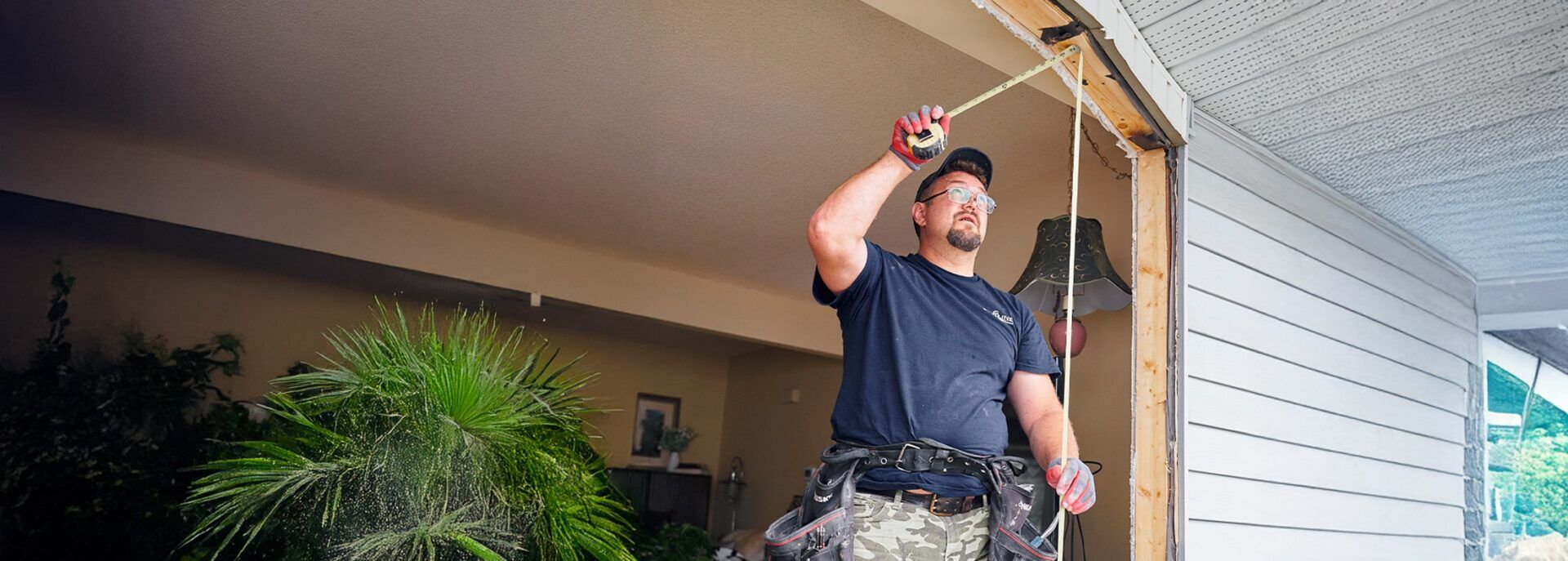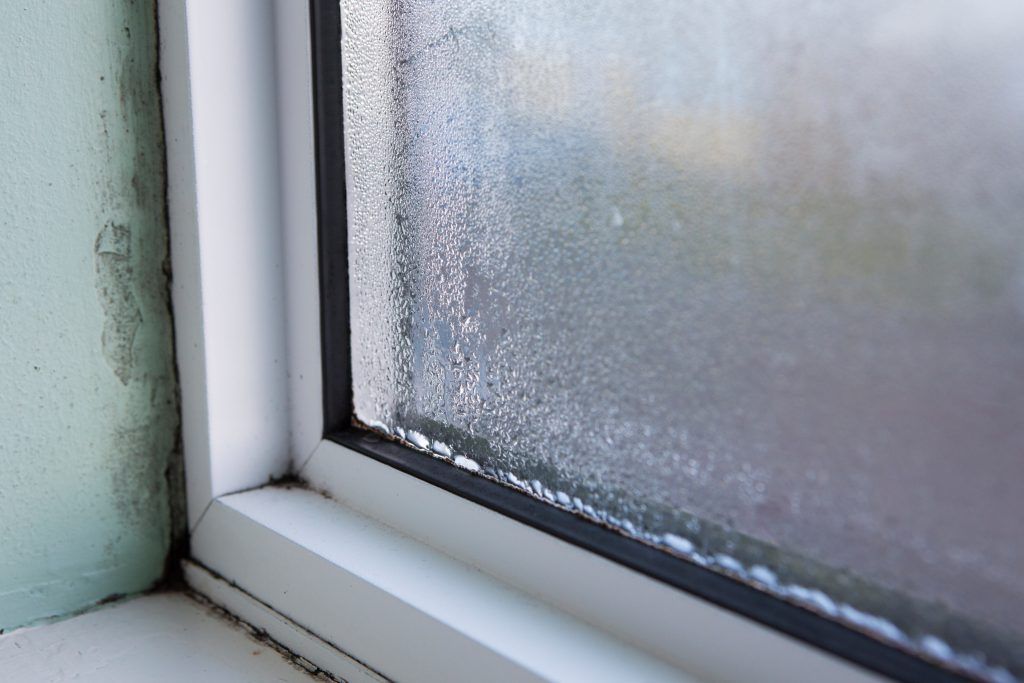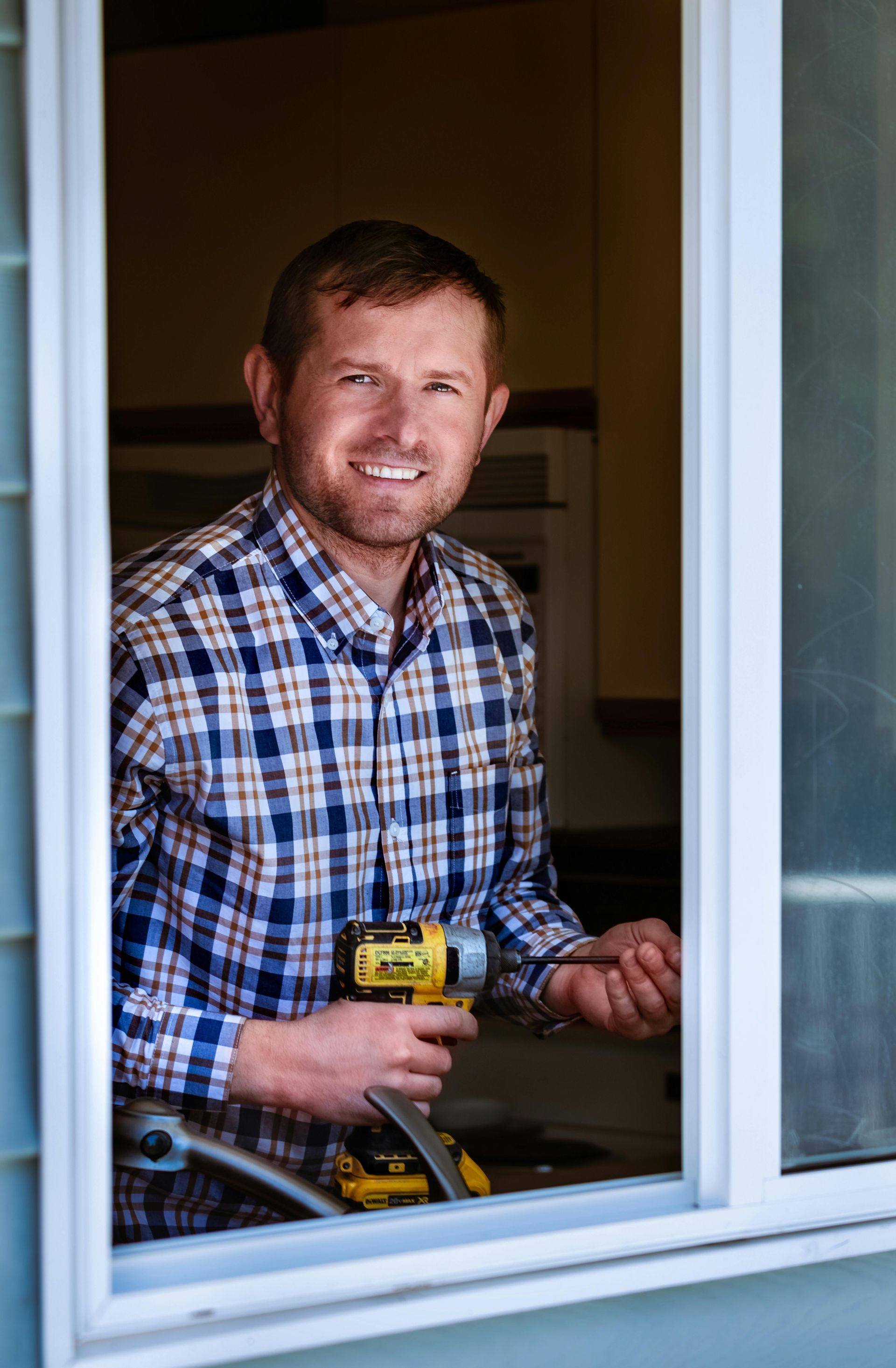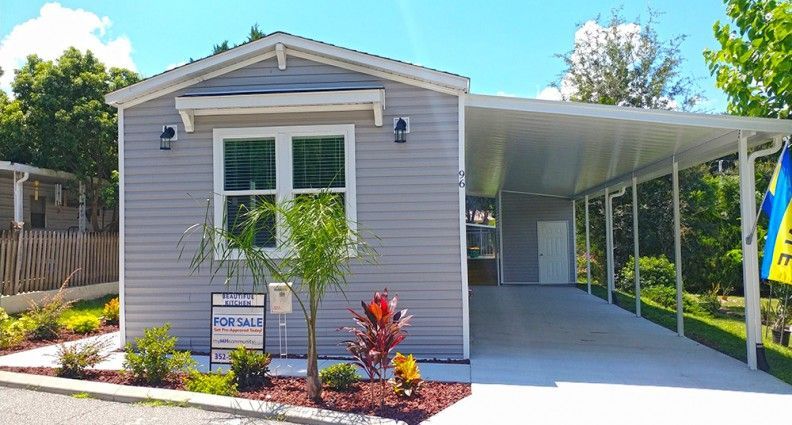Measure Twice, Cry Never: How to Properly Size Openings for Retrofit Windows & Doors
Why Measuring Matters More Than You Think

If you’ve ever measured something in your house, placed the order, and then realized you measured the inside of the frame instead of the outside (while now holding a 600-lb window you can't return), then this article is for you.
At Windoor Retro Professionals, we get calls weekly from frustrated homeowners and even handymen who measured "close enough" — only to find out that close only counts in horseshoes, hand grenades, and government permitting. In window and door retrofits? Close means cracked stucco, water intrusion, and thousands of dollars in do-it-over-again money.
So, before you go tapping a tape measure against an old window and thinking you're good to go — let’s break down how to properly measure for retrofit windows and doors in Florida homes.
🧠 First, Understand What a Retrofit Install Really Is
Retrofit window installation means you're replacing existing windows and doors without disturbing the stucco, siding, or block surrounding the opening. This is NOT the same as a new construction install, where everything is wide open, and the window is going directly into fresh framing.
Retrofit is surgical — and precision matters.
Key goals of a retrofit install:
- 🪟 Fit the new window snugly within the old frame or opening
- 🧼 Ensure minimal damage to finishes and walls
- 💧 Seal everything watertight and airtight to Florida standards
To achieve this? Measurements must be exact — and you have to know what you’re measuring to and from.
📐 Tools You’ll Need to Measure Properly
Before we start measuring like pros, here's what you’ll want in your toolkit:
- 📏 Tape measure (a good one — not that bent $2 one in the junk drawer)
- 🗒️ Notepad or digital device for recording each measurement
- 🧠 Your brain, patience, and a willingness to measure at least 3 times
- 🧤 Optional: a level and flashlight (trust us, dark corners lie)
🔎 Retrofit Window Measuring: The Golden Rules
Let’s get down to it. You’re measuring to find the right width and height of the new window that will fit within the existing opening after removal of the old window — but not necessarily the frame.
Here’s how to do it:
✅ Step 1: Measure the Width in 3 Places
Take horizontal measurements at:
- 🟢 Top
- 🟢 Middle
- 🟢 Bottom
Do this from jamb to jamb (inside frame edge to inside frame edge). Use the smallest of the three numbers. Why? Because walls shift, old homes settle, and windows warp. If it fits the smallest space, it’ll fit the rest.
✅ Step 2: Measure the Height in 3 Places
Take vertical measurements at:
- 🔵 Left
- 🔵 Center
- 🔵 Right
Measure from the high point of the window sill (don’t assume the sill is flat) to the top inside of the window opening. Again, record all three numbers and go with the smallest one.
💡 Pro tip: Always subtract about 1/4" to 1/2" from the smallest measurement to allow for proper shimming and squaring during install.
🚪 Measuring Retrofit Doors (Exterior)
Measuring for retrofit entry doors, patio sliders, or French doors is a little different but follows the same principles.
🚪 Door Measurement Tips:
- Measure the width between the interior side jambs
- Measure the height from the threshold to the head jamb (not the top of the door!)
- Be sure to account for sill height if it's being replaced
- If you’re keeping the existing frame, measure the door slab separately
Always confirm whether you’re ordering a:
- Pre-hung door (includes frame and slab)
- Door slab only (for use in an existing frame)
🧱 What If My Old Opening Isn’t Square?
Spoiler alert: It’s not. Unless your house was built yesterday by robotic masons using lasers and prayers.
Check squareness by measuring the diagonals:
- Diagonal from top left to bottom right
- Diagonal from top right to bottom left
If the measurements are more than 1/4" off, your installer will need to shim accordingly and possibly trim drywall/stucco to accommodate the new window or door. Knowing this before you order is key to planning the right approach.
🤦♂️ What Happens When You Measure Wrong
- 💸 You eat the cost of a non-returnable custom window
- 🛠️ You pay more to have the opening modified
- 🧱 You might crack stucco trying to wedge it in
- 💧 You risk leaks, code violations, and denied inspections
In short, it’s a mess. That’s why pros (like us) always perform a final field measurement after contract and deposit but before manufacturing begins.
🏡 Special Measuring Considerations in Florida Homes
Florida’s diverse housing styles mean one-size-fits-all measuring won’t cut it.
📍 Concrete Block Homes
- Windows often sit in deep-set block frames
- Sills may have slopes that throw off vertical measurements
- Must account for bucking (added material) to properly anchor window
📍 Manufactured & Mobile Homes
- Openings may not meet standard residential dimensions
- Walls can be thinner or bowed
- Often need custom-sized windows with specific HUD code compliance
📍Stucco Exteriors
- Careful! Some old stucco is flaking and fragile
- Retrofit must preserve exterior finish—precise measuring is mandatory
That’s why Windoor Retro Professionals specializes in all of these housing types across Ocala, Gainesville, Tampa, Orlando, Saint Petersburg, Crystal River, Inverness, Citrus Springs, Homosassa, Hernando, and surrounding Florida cities. We’ve seen it all—and measured it twice.
🧰 Why We Recommend Letting a Pro Measure
Even if you’re an enthusiastic DIYer, measuring for custom retrofit windows and doors isn’t for the faint of heart.
Here’s what we do as professionals:
- 📏 Use calibrated tools and measure each opening in 6 points
- 📸 Photograph and document every frame’s condition
- 🧠 Consider water intrusion history and wall condition
- 📋 Match opening to product tolerances and manufacturer specs
- 🛠️ Plan install approach based on anchoring substrate and finishes
That’s why we offer free consultations and field measure each job ourselves. We want you to have zero surprises when your windows arrive.
🔎 The Measurement Myth: “It’s Just 36 x 60”
Oh, if we had a dollar for every time we heard, “It’s just a standard 36 by 60.”
There’s no such thing as a truly standard retrofit size—because once you factor in how the window sits, how far in or out the flange needs to go, and whether you’re working around tile, brick, or stucco, your standard size is about to become a custom order.
🧾 What We Provide Our Customers at Windoor Retro Professionals
- 📐 Accurate field measurements by trained experts
- 📦 Custom-manufactured windows and doors that fit perfectly
- 🧱 Installers who understand every home style in Florida
- 📑 Full permit filing, HOA documents, and inspection scheduling
- 💬 Real explanations — no smoke and mirrors
💡 Final Thought: Measure the Installer, Too
While you’re measuring windows, don’t forget to measure the company you're trusting to do the job. At Windoor Retro Professionals, we don’t send in a sales guy with a tablet and a dream. We send experts who know the difference between a nail fin and a flange, who understand Florida code, and who respect your home like it's their own.
📞 Ready to Get It Right the First Time?
If you're in Ocala, Gainesville, Tampa, Orlando, Saint Petersburg, Crystal River, Inverness, Citrus Springs, Homosassa, or Hernando, let’s make sure your windows and doors are measured with surgical precision — not weekend-warrior guesswork.
📞 Call us for a free consultation and expert field measurement today.
Windoor Retro Professionals — Because "Good enough" isn't good enough in Florida.













